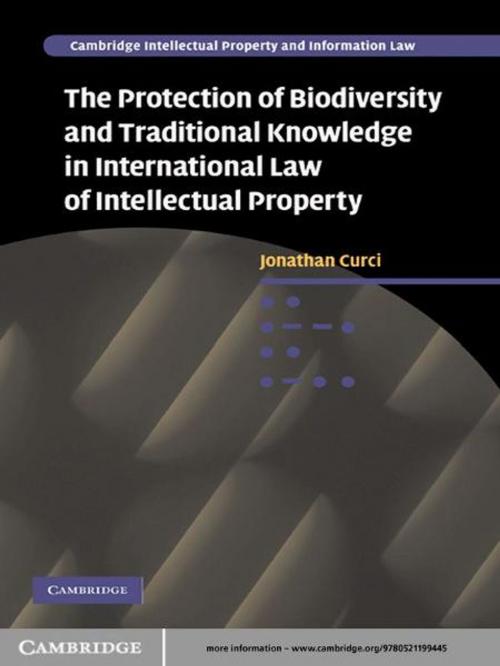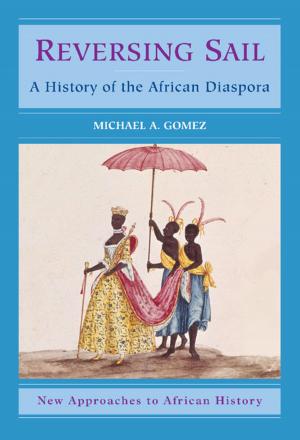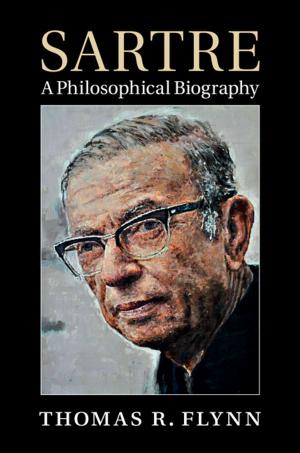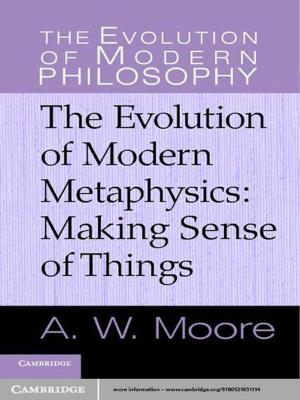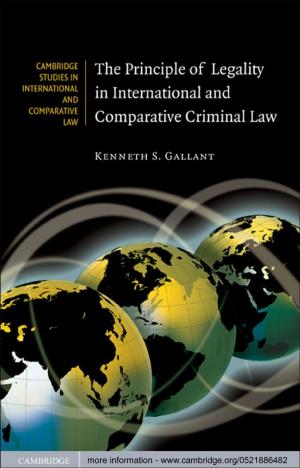The Protection of Biodiversity and Traditional Knowledge in International Law of Intellectual Property
Nonfiction, Reference & Language, Law, Intellectual Property| Author: | Jonathan Curci | ISBN: | 9780511848018 |
| Publisher: | Cambridge University Press | Publication: | December 10, 2009 |
| Imprint: | Cambridge University Press | Language: | English |
| Author: | Jonathan Curci |
| ISBN: | 9780511848018 |
| Publisher: | Cambridge University Press |
| Publication: | December 10, 2009 |
| Imprint: | Cambridge University Press |
| Language: | English |
The relationships between international intellectual property treaties, the United Nations international environmental treaties (first and foremost the Convention on Biological Diversity), the relevant customary norms and soft law form a complex network of obligations that sometimes conflict with each other. The first set of treaties creates private rights while the latter affirms the sovereignty rights of States over genetic resources and related knowledge and creates international regimes of exploitation of the same. Jonathan Curci proposes solutions to the conflicts between treaties through the concept of 'mutual supportiveness', including the construction of a national-access and benefit-sharing regime, mandatory contractual provisions in relevant international contracts, a defensive protection when genetic resource-related traditional knowledge is unjustly patented through the analysis of the concepts of 'ordre public and morality', 'certificate of origin' in the patent application and 'novelty-destroying prior art' and positive protection through existing and sui generis intellectual property rights and misappropriation regimes.
The relationships between international intellectual property treaties, the United Nations international environmental treaties (first and foremost the Convention on Biological Diversity), the relevant customary norms and soft law form a complex network of obligations that sometimes conflict with each other. The first set of treaties creates private rights while the latter affirms the sovereignty rights of States over genetic resources and related knowledge and creates international regimes of exploitation of the same. Jonathan Curci proposes solutions to the conflicts between treaties through the concept of 'mutual supportiveness', including the construction of a national-access and benefit-sharing regime, mandatory contractual provisions in relevant international contracts, a defensive protection when genetic resource-related traditional knowledge is unjustly patented through the analysis of the concepts of 'ordre public and morality', 'certificate of origin' in the patent application and 'novelty-destroying prior art' and positive protection through existing and sui generis intellectual property rights and misappropriation regimes.
